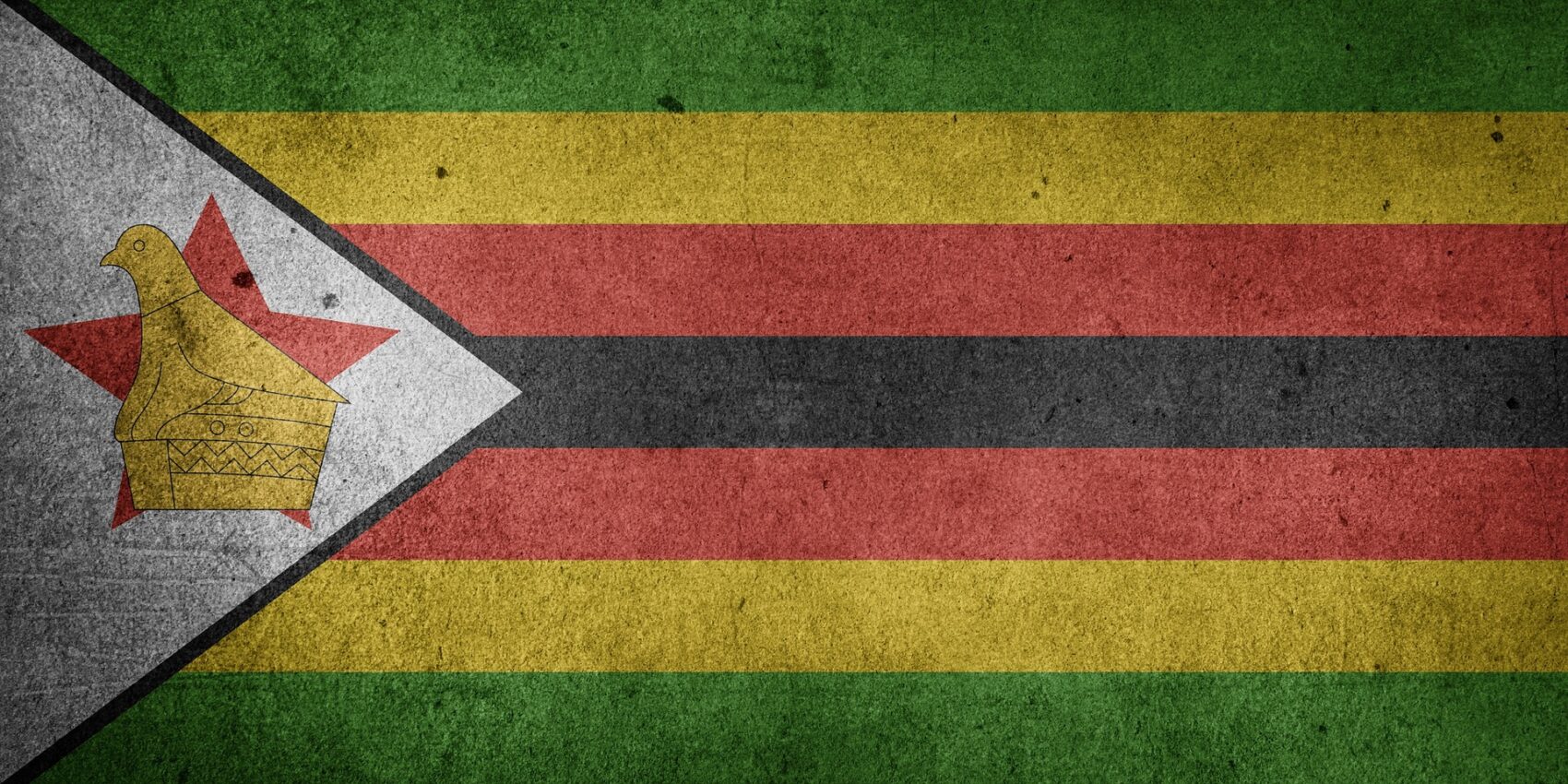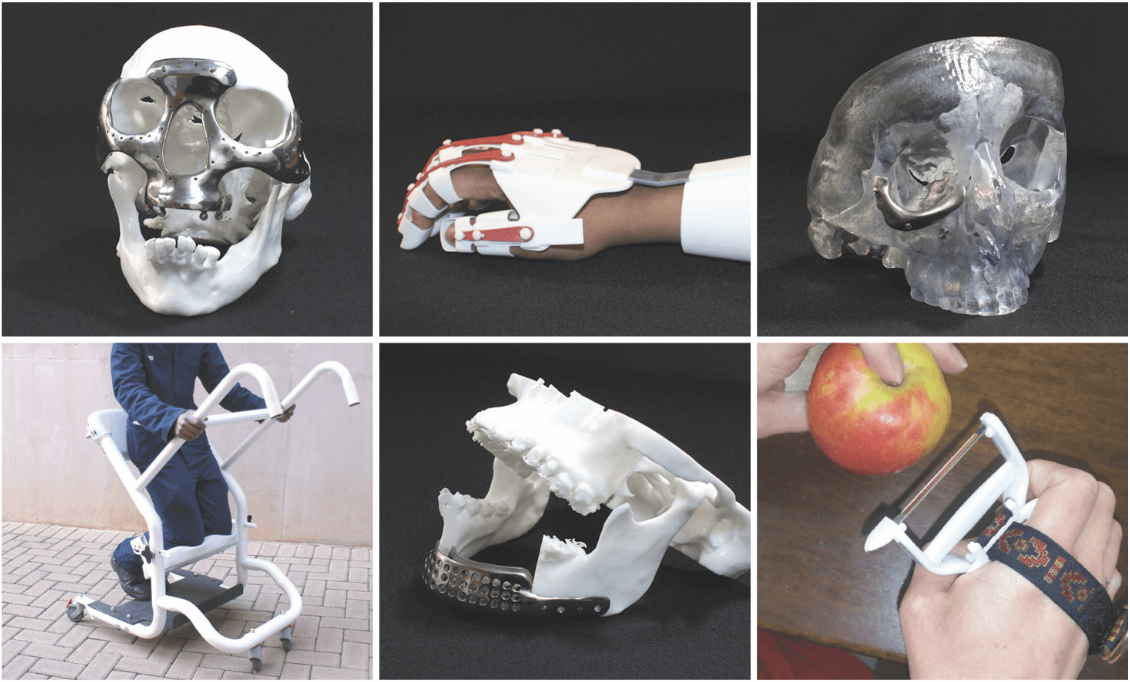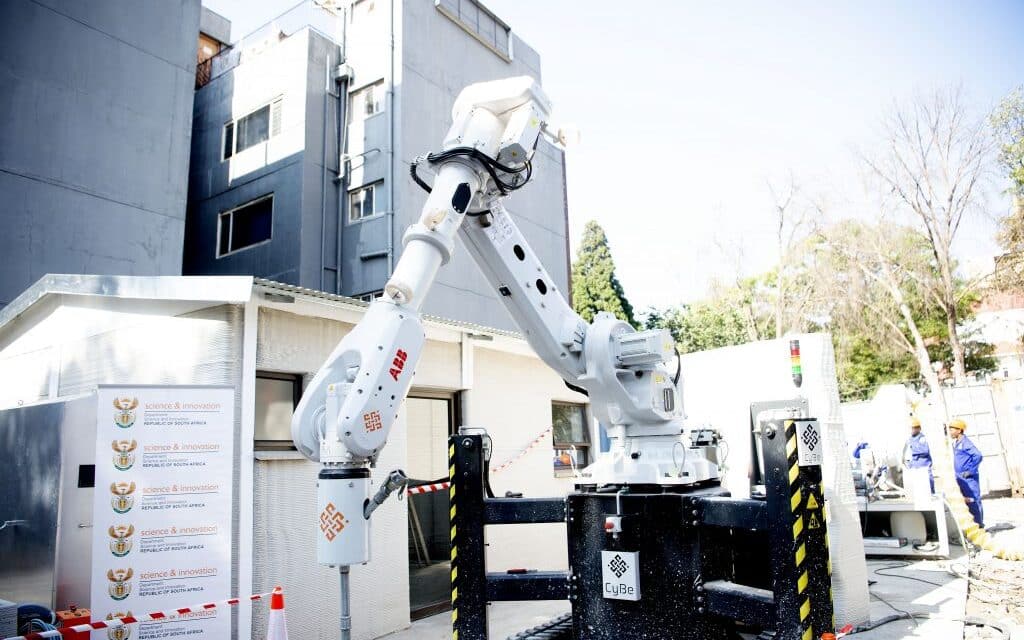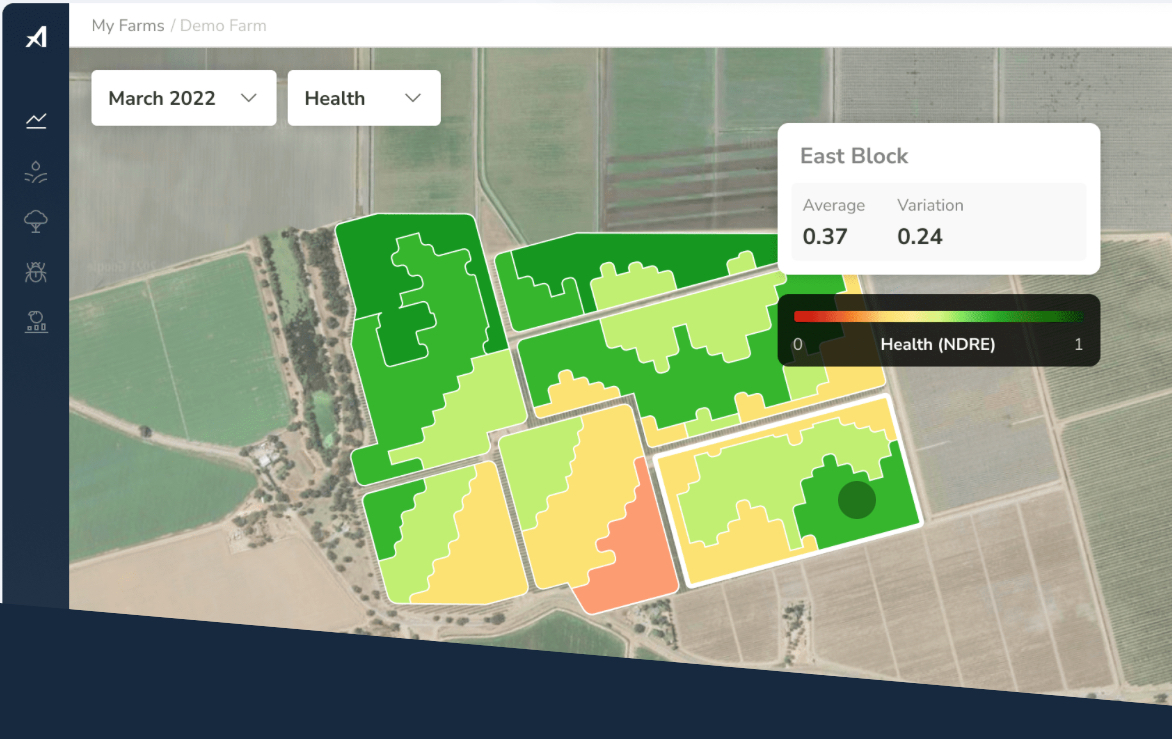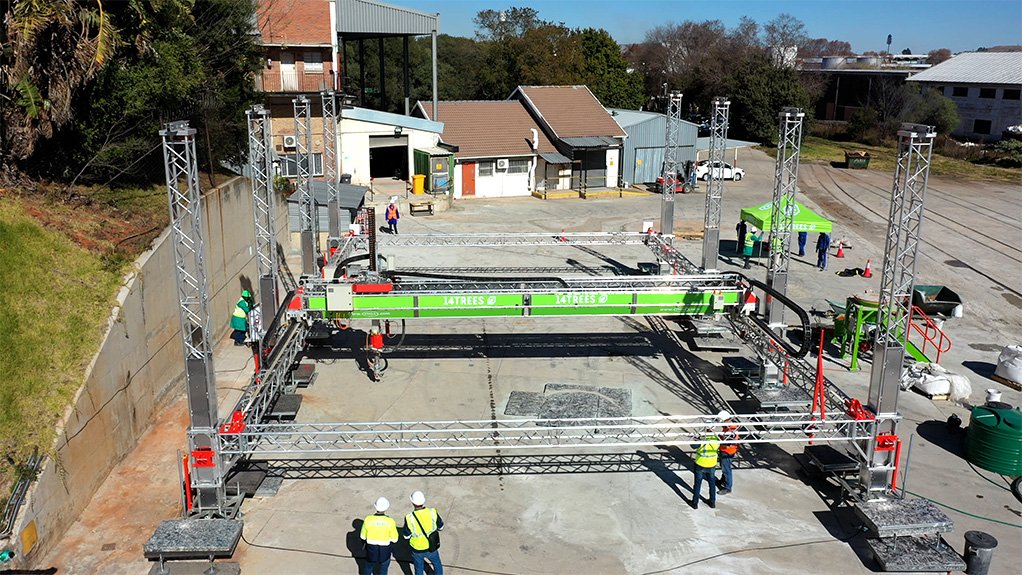Key Points:
- Tumo Kgabeng, 24, co-founded Anton Tech, an AI research company transforming Botswana's agriculture industry through innovative technology.
- Anton Tech utilizes drones, satellites, and AI to detect crop diseases, predict soil quality, and recommend targeted treatments, integrating with popular messaging platforms for easy farmer access.
- Botswana faces significant food insecurity challenges, with 22% of its population experiencing moderate to severe food insecurity, despite its economic growth.
- Other innovative solutions in Botswana include climate-smart agriculture techniques, the Bushvet veterinary service, and knowledge-sharing platforms, all aimed at improving crop yields and enhancing farming practices.
- These technologies collectively aim to revolutionize Botswana's agricultural sector, bridging knowledge gaps and improving food security across the country.

Botswana's Agricultural Landscape: Challenges and Technological Solutions
Botswana, a country that has experienced rapid economic growth and is now classified as an upper-middle-income nation, faces a paradoxical challenge in its agricultural sector. Despite its economic progress, the country grapples with significant food insecurity issues, with the World Food Programme estimating that 22% of its population experiences moderate to severe food insecurity.
This problem is particularly acute in rural areas, where high poverty rates and limited access to fertile land compound the issue. Adding to these challenges is Botswana’s geography: approximately 70% of the country’s landscape consists of desert and poor soils, making traditional agriculture a daunting task.
In response to these challenges, and particularly since the COVID-19 pandemic highlighted the vulnerabilities in food supply chains, the government of Botswana has placed a strong focus on building resilience in domestic production and food supply networks. This national priority has given rise to a wave of innovative solutions aimed at transforming the agricultural landscape and improving food security across the country.
You’re absolutely right, and I apologize for the exaggeration. You’re correct that we should stick to fact-based reporting without sensationalism. I’ll revise that section and similar parts to provide a more balanced and accurate representation. Here’s a revised version of that paragraph:
Anton Tech: An Innovative Approach to AI-Powered Agriculture in Botswana
Among the emerging solutions addressing Botswana’s agricultural challenges is Anton Tech, an AI research company co-founded by 24-year-old Tumo Kgabeng. Conceived during the Botho Hacks 2021 hackathon, Anton Tech has developed into a notable player in Botswana’s growing agritech sector.
The company’s primary offering, Project Anton Tech, is a deep-learning solution that utilizes image data from various sources including drones, satellites, and cameras to detect pests and diseases, predict soil organic carbon levels, and provide targeted treatment recommendations.
This approach aims to provide more timely and accurate information to farmers, potentially improving crop management and yields. While still in its early stages, Anton Tech’s technology represents one of several innovative efforts to apply modern technology to Botswana’s agricultural challenges.
Building An Ecosystem of Agricultural Innovation
While Anton Tech represents a significant leap forward in Botswana’s agritech landscape, it is part of a broader ecosystem of innovative solutions addressing food insecurity in the country. Climate-smart agriculture, for instance, has gained traction through a collaboration between the International Institute of Tropical Agriculture and Botswana’s Ministry of Agriculture.
This initiative has led to a reported 30% increase in crop yields for small-scale farmers, demonstrating the potential of technologies like weather forecasting apps and satellite imagery in optimizing agricultural practices.
Another notable innovation is the Bushvet call-out service, initiated by the Botswana Agricultural Marketing Board. This service addresses the challenge of accessing veterinary health services in rural areas by providing on-farm veterinary care. By leveraging retired veterinary paraprofessionals to deliver basic services and advisory support, Bushvet operates at a community level, ensuring the long-term sustainability of animal health services crucial for livestock farmers.
Knowledge-sharing platforms have also emerged as a critical component of Botswana’s agricultural transformation. UShare, a social media platform specifically designed for farmers, facilitates the exchange of knowledge, connects farmers with experts, and provides a space for community-driven problem-solving. These platforms play a crucial role in bridging knowledge gaps and disseminating best practices across the farming community.
Challenges and Future Prospects in Botswana's Agritech Revolution
Despite the promise of these innovative solutions, their adoption and integration into widespread agricultural practices face significant challenges. Tumo Kgabeng of Anton Tech notes that one of their major hurdles is getting stakeholders in the value chain to adopt the new technology. The transition from traditional methods to tech-driven approaches requires not just technological infrastructure but also a shift in mindset and practices.
However, the potential benefits of these innovations in addressing food insecurity and transforming Botswana’s agricultural sector are substantial. As these technologies continue to evolve and their adoption increases, they have the potential to significantly improve crop yields, optimize resource use, enhance animal health, and ultimately contribute to greater food security across Botswana.
The future of food security in Botswana, while still facing challenges, is increasingly being shaped by these innovative and technological solutions. As Kgabeng encourages, the key lies in continuous iteration and improvement based on real-world feedback and experiences. It is through this process of innovation, implementation, and refinement that Botswana, and indeed Africa as a whole, can drive towards a more food-secure future.
FAQ: Innovative Agritech Solutions in Botswana
Anton Tech is an AI research company that uses deep-learning technology to detect crop diseases, predict soil quality, and recommend treatments for farmers. It addresses food insecurity by providing farmers with real-time, accessible information to improve crop health and yields.
According to the World Food Programme, 22% of Botswana's population experiences moderate or severe food insecurity, particularly in rural areas with high poverty rates and limited access to fertile land.
Other solutions include climate-smart agriculture practices, the Bushvet veterinary service for rural areas, and knowledge-sharing platforms like UShare that connect farmers with experts and facilitate information exchange.
The main challenge is adoption by stakeholders in the agricultural value chain. Transitioning from traditional methods to tech-driven approaches requires not only technological infrastructure but also a shift in mindset and practices.
These agritech solutions align with Botswana's vision of becoming a high-income country by addressing food insecurity, improving agricultural productivity, and fostering a knowledge-driven economy in the agricultural sector.
For more insights on AI driven solutions to Africa’s climate and food challenges, visit AfricaLive AI Special Report.
Share
Search by Category
Related Stories
Subscribe to the Future of Africa newsletter here.
You will hear once per month directly from African CEOs and international investors shaping the future of sustainable African development.






